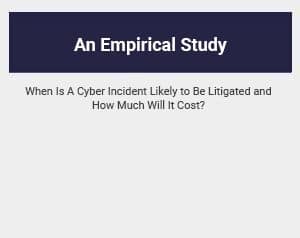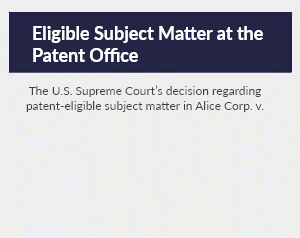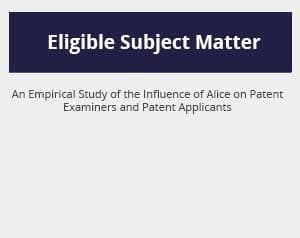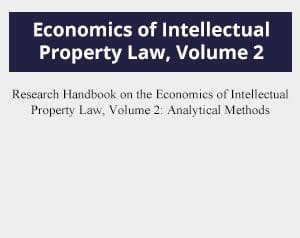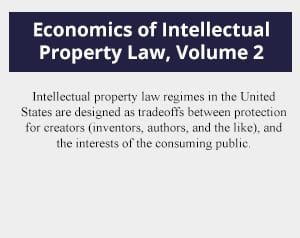Mar-10-2015
In a 3-2 vote, the Federal Communications Commission–the FCC—recently voted to approve a new set of rules for net neutrality. The most significant rule gives the FCC the ability to regulate broadband Internet service providers by reclassifying broadband Internet under Title II of the Federal Communications Act. The FCC did this at the advice of the D.C. Circuit Court, which held in 2010 that the agency did not have the authority to regulate broadband-Internet providers and threw out its previous rules on net neutrality. Now, in addition to mobile phones, the FCC would be able to issue decisions that are binding on ISPs.
Proponents of net neutrality view the new rules as a major victory for consumers who rely on a fast Internet to access websites. Under the new rules, the FCC can prevent ISPs from slowing down or blocking access to sites. Without these rules, proponents fear that ISPs would create Internet “fast lanes”. ISPs would charge companies like Netflix a premium for the same kind of high speed connection they already enjoy today, a cost that would ultimately fall to the consumer. Additionally, startups and other innovators would suffer. If a company like Comcast can charge Netflix to keep connections to their site smooth and fast, proponents argue that Comcast would have little incentive to provide good connections to smaller sites. Companies like Comcast would then become “gatekeepers” in a sense, controlling the kind of content consumers can access trouble-free.
Opponents of net neutrality are disappointed in the decision because they think it will hamper innovation. If ISPs cannot charge premiums for fast Internet, they say, there will no longer be an incentive to develop better communication equipment. Without paid prioritization, ISPs will not be able to make enough revenue to keep up with rising demands for Net access.
Even though the FCC has approved the new rules, there is a long road ahead. The Office of Information and Regulatory Affairs in the White House needs to evaluate the new rules, a process that could take up to four months. After that, the new rules will be published in the Federal Register for public comment. At this point, it is certain that court challenges to the new rules will arise. Both Verizon and AT&T have stated that they will sue if the FCC approves this new set of rules.
Reclassifying broadband Internet under Title II comes as a surprise to both proponents and opponents. Members of both camps saw the measure as a last resort because of the broad authority it gives the FCC. In addition to banning premiums for fast lanes, the FCC could technically tell ISPs how much to charge consumers for the service. The FCC has vowed not to exercise its authority to the farthest extent the new rules allow.
This debate pits those who embrace an expansive free market approach versus those who believe that a baseline set of regulations is needed to make the market for Internet access work efficiently. And there are good arguments supporting both positions.
Moreover, Congress could simply pass an act that stops the FCC from reclassifying broadband internet under Title II. A bill called the Internet Freedom Act has been reintroduced in the House which will prevent the FCC from reclassifying broadband internet. Whether or not the bill will pass remains to be seen. But even after a decade, it is clear that the net neutrality debate is still far from over.

